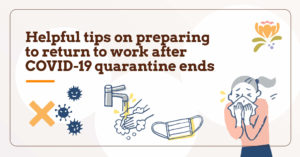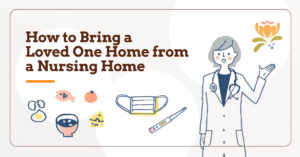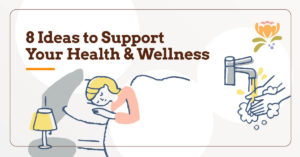
If you or an aging loved one have recently been diagnosed with Alzheimer’s disease or a related form of dementia, you might be trying to find ways to stay safe at home for as long as possible. The best way to do that is to plan ahead and to use the many innovative types of technologies that are now available.
Home Safety
Take a careful look at your loved one’s home. Do they have:
- Hand rails in place on both indoor and outdoor stairways and bathrooms?
- A home alarm system one that incorporates smoke detection and a carbon monoxide indicator that automatically calls 911?
- Do they cook on their own and want to keep doing so? Consider a safety device like Cook Stop. It can automatically shut off a pan left unattended on the stove for too long.
Medication Safety
Investigate medication dispensing options for making sure your loved one takes the right dose of medicine at the right time every day. They range from a simple pillbox design to more sophisticated ones that can send the caregiver an email alert if a medication dosage is missed.
Emergency Response
An unfortunate fact about Alzheimer’s disease is that six out of ten people who live with it will wander at some point. It is best to be prepared before a crisis occurs. That means researching emergency call systems and personal locators. Many work off of GPS that can be activated if the unthinkable happens and your loved one goes missing.
Let The Neighbors Know
It might feel like a terrible invasion of their dignity and privacy, but it is usually important to let the neighbors living the closest to them know about the diagnosis when they begin to struggle. That way they can notify you or 911 if they see something that concerns them.
Use Technology to Keep in Touch
Newer technology systems that work off of sensors placed in key locations in your loved one’s home can make it easier for you to keep an eye on them remotely. These systems can send you alerts when something out of the ordinary occurs.
Taking precautions now and planning for future changes can help you keep your loved one with Alzheimer’s disease safe at home longer.
Photo Credit: h.koppdelaney via Compfight cc





